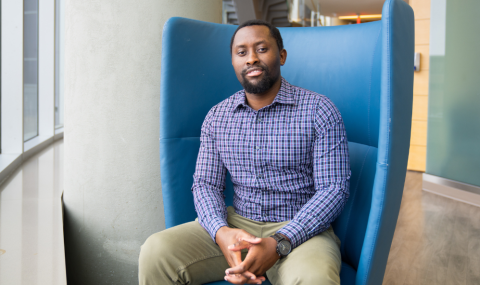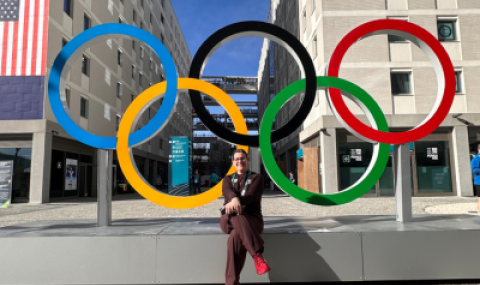What to Expect During Your Stay
During your stay at the Regional Stroke Centre, a specialized team of doctors, nurse practitioners, nurses, and therapists from various health disciplines will work closely with you and your family to address your treatment and recovery needs. This dedicated team will provide early assessment and initiation of therapy and ensure timely transition to rehabilitation or home (as appropriate).
Patients are admitted to the centre from across southwestern Ontario. Patients who do not live in London may be transferred back to your district stroke centre (e.g., a hospital located closer to your home that provides stroke services).
The centre provides two lifesaving stroke interventions: 1) Thrombolytic medication Tenecteplase (TNK) and 2) endovascular thrombectomy.
- Tenecteplase also known as TNK, is a clot busting medication that must be given within 4.5 hours of symptom onset. At the Regional Stroke Centre, we have a designated stroke team that consists of a stroke neurologist, resident and/or fellow and a hyperacute stroke nurse trained to administer TNKand monitor hyperacute stroke patients. Our stroke team aims to administer alteplase within 30 minutes of the patient’s arrival in the Emergency Department.
- Endovascular thrombectomy (EVT) is a procedure that is performed in Neuro-Interventional Radiology to physically remove the blood clot from the brain, allowing for reperfusion to the occluded vessel. At the Regional Stroke Centre, we have an amazing around-the-clock team specializing in clot retrieval. Patients are also transferred from other hospitals in the region to potentially receive this procedure.
If you have received stroke interventions such as TNK or endovascular thrombectomy, you will be cared for in the Hyperacute Stroke Unit (HASU). The HASU is a five-bed intensive care unit that looks after high-acuity stroke patients. The nurses working in the Hyperacute Stroke Unit receive specialized training in managing stroke patients. Your stay in this unit will be about one to three days. After this, you will be transferred to our General Acute Stroke Unit or discharged to rehabilitation, your local hospital or home.
If you have not received stroke interventions, have minor stroke symptoms, or are waiting for further investigations, you will be cared for in the Acute Stroke Unit. Here you will receive a stroke workup, including diagnostic testing and assessment of rehabilitation needs.
Next steps in your care journey will depend on the type of stroke you had, the location of your stroke and severity of your stroke.


